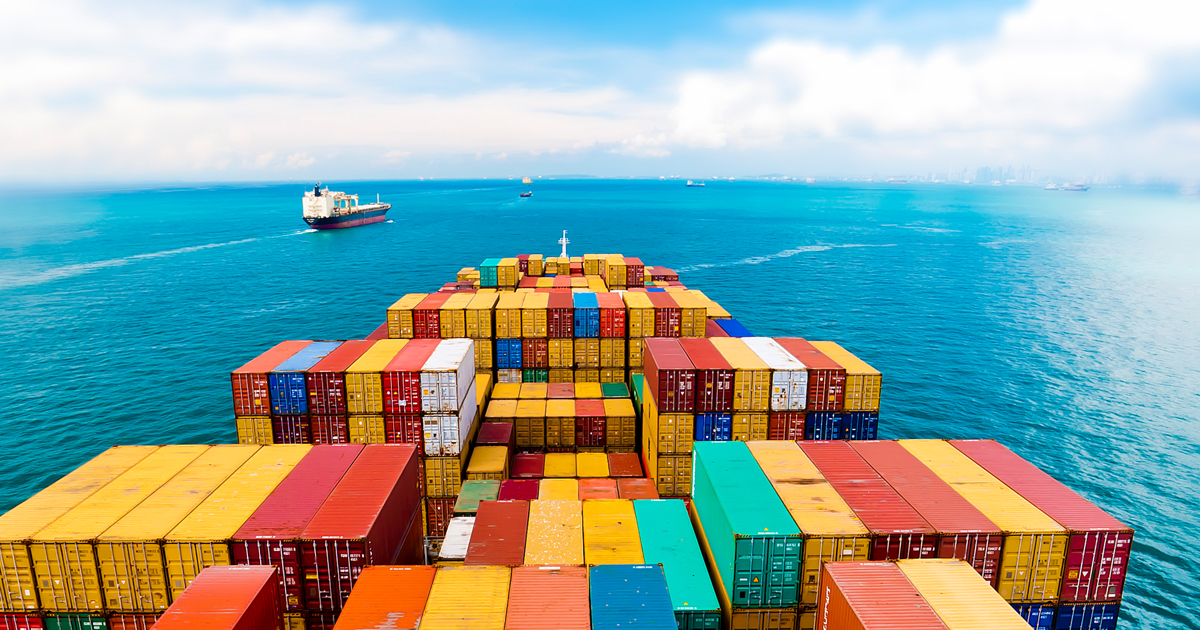Would we be able to go back to how it was? A question asked ever so frequently as the world has seemingly come to a stop due to the on going Covid-19 pandemic, which first emerged in China and has taken over the world now.
As no industry has been left untouched by the virus, one sector which has been affected the most is the global supply chain and logistics sector, which the entire economy of the world depends upon. Global shipping in all its forms have nearly come to a halt and countries are trying their best to find solutions to bring back their citizens who are either stranded or stuck in various other countries and struggle to even bring in basic necessities such as food and medicine.
This leads me to change the first question I asked from “Would we be able to go back to how it was?” to “SHOULD we go back to how it was?” and to which I think the better question is the latter. We’ve seen how a country which dominates twenty percent of the world gross domestic product (GDP) through its production industry had to shut down all of its factories for well over two months which slowed down the world’s supply chain as the demand was not being catered as supply dropped. Most of the companies now opt for Just in Time (JIT) model of inventory as to carry less cost on holding and investments in to huge bulks of inventory, which has resulted in a lot of these companies to temporarily stop their production because their raw materials are not being delivered (“Wuhan Virus Scare: Category Impact Assessment”, 2020).
This has lead companies and countries around the world to rethink on their models of procurement and demand management. As per the CILT INTERNATIONAL OFFICIAL UPDATES ON CORONA VIRUS (COVID-19) for Malaysia by CILT Malaysia president Ts Haji Ramli Amir, FCILT (Ramli Amir, 2020) the three main ports of Malaysia which are Port Kelang, Port of Penang and Johor Port reached 100% of its holding capacity and the government had to give out special exemptions to clear non-essential goods to nearby facilities to clear up space at the port. We can see that even the Malaysian government had not been anticipating such a non-programmed issue which could arise due to this global pandemic. But because of it, a lot of loopholes and areas of improvement in the logistical management has been identified.
As the key industry which is supporting all countries to fulfil essential necessities, we see how producers, logisticians and consumers have been left choice less during the pandemic where producers at different levels of the production and supply chain have been left with no option but to halt their production facilities as raw materials are not being received, or businesses which carter to daily needs such as wholesalers and retailers are not able to receive their shipments due to the travel restrictions being placed by different governments.
For example in Maldives, a country which heavily relies on imported goods is facing a major crisis in getting even the most essential goods. Any international sellers of raw or finished products are not able to ship their products to the customers in Maldives which has led to the government intervene and arrange basic food supplies and medical supplies to be carried by national sea and air carriers. This shows that the country as whole needs more infrastructural development in the logistics sector.





